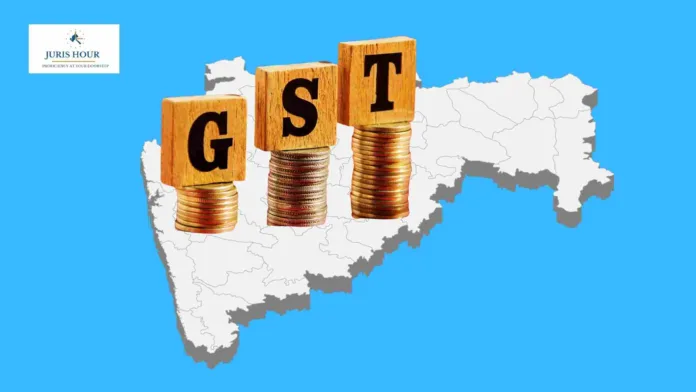The Maharashtra Government has notified the Maharashtra Goods and Services Tax (Amendment) Act, 2025, introducing significant changes to the state’s GST framework, including a new track-and-trace mechanism, modifications in appeal procedures, and several retrospective amendments.
The law received the Governor’s assent on July 30, 2025, and has been published in the Maharashtra Government Gazette.
Key Amendments
- New Definitions and Clarifications
The definition of “unique identification marking” has been added, covering digital stamps, digital marks, and other secure, non-removable identifiers for goods. Clarifications have been made to terms like “local fund” and “municipal fund” to bring them in line with local self-government financial structures.
- Track-and-Trace Mechanism (Section 148A)
A major new provision empowers the government to mandate unique identification markings for specified goods. Manufacturers, importers, and certain dealers will be required to affix such markings, maintain detailed records, and disclose machinery details used in production. Non-compliance will attract a penalty of ₹1 lakh or 10% of the tax payable, whichever is higher.
- Changes in Input Tax Credit Provisions
Retrospective amendment from July 1, 2017, replacing “plant or machinery” with “plant and machinery” to settle interpretational disputes. The amendment overrides contrary judicial rulings.
- Procedural Changes in Tax Invoicing and Returns
Changes in sections relating to tax statements, return filing, and issuance of credit notes, including new conditions to prevent reduction of output tax liability unless the recipient reverses related input tax credit.
- Appeal Process Overhaul
New provisions for appeals in cases involving penalties without associated tax demand. A 10% pre-deposit of penalty is now mandatory for both first appeals (Section 107) and further appeals (Section 112).
- Special Economic Zone (SEZ) Transactions
Retrospective amendment from July 1, 2017, classifying certain supplies within SEZs and Free Trade Warehousing Zones as “neither supply of goods nor supply of services,” thereby keeping them outside the GST ambit.
- No Refund Clause
Section 15 of the amendment bars refunds of tax collected on transactions that would have been exempt under the newly inserted provisions if they had been in force earlier.
Read More: Supreme Court Upholds CJI’s Power to Initiate In-House Judicial Inquiries : Detailed Analysis

